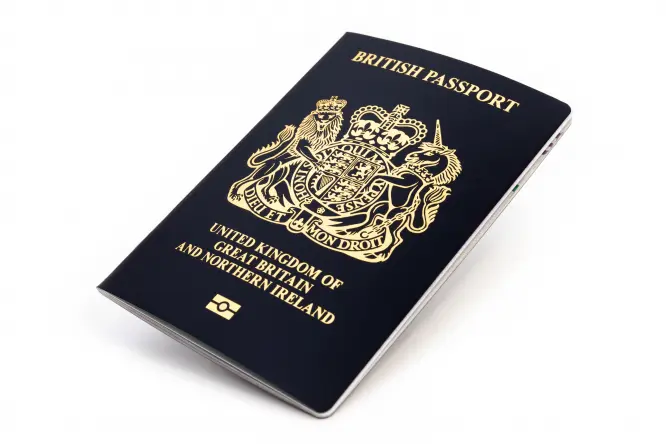Nationalities of many, but not all, countries are issued a visa on arrival in South Africa for 90 days. It is your responsibility to check if this applies to you by consulting the Country embassy.
A visa is needed to entry of Mozambique and needs to be done and approved before departure, Please refer to the embassy addresses below:
Mozambique Embassy
https://www.mozambiquehighcommission.org.uk/?id_w=3&id_w1=16
South African Embassy
http://www.dha.gov.za/index.php/immigration-services/exempt-countries
If you or your child/student does need a visa and is/are under the age of 18, you will also need to produce specific documents showing parental consent for your trip to Mozambique / South Africa. These are required to be produced at the point of visa application.
For any further question or information please contact : [email protected]

It is vital that every participant visits their doctor or travel clinic at least 2 months prior to departure in order to get the latest advice on vaccinations and medications for the region you are travelling to.
We are unable to advise what vaccinations you need due to people not being able to have certain injections. Please visit your local GP on vaccination updates.
It’s worth checking out https://www.nomadtravel.co.uk/ for up to date travel information on vaccinations in your travelling destination.
There are varying recommendations to the malaria risk in Mozambique and South Africa due to different levels of prevalence in different areas, and seasonal changes in mosquito abundance. However, some site locations are within the bounds of malarial risk areas so it is usually recommended that volunteers take prophylaxis (malaria tablets).
Always listen to the advice of your doctor. The best form of protection is to prevent mosquito bites as much as possible. You can do this by wearing long sleeved clothing, particularly in the mornings and evenings, and by having a good insect repellent (deet)
If you are diving as part of your expedition and are given Larium as a prophylaxis please ask for an alternative. You cannot dive on Larium and anyone taking it will not be allowed to dive on site.